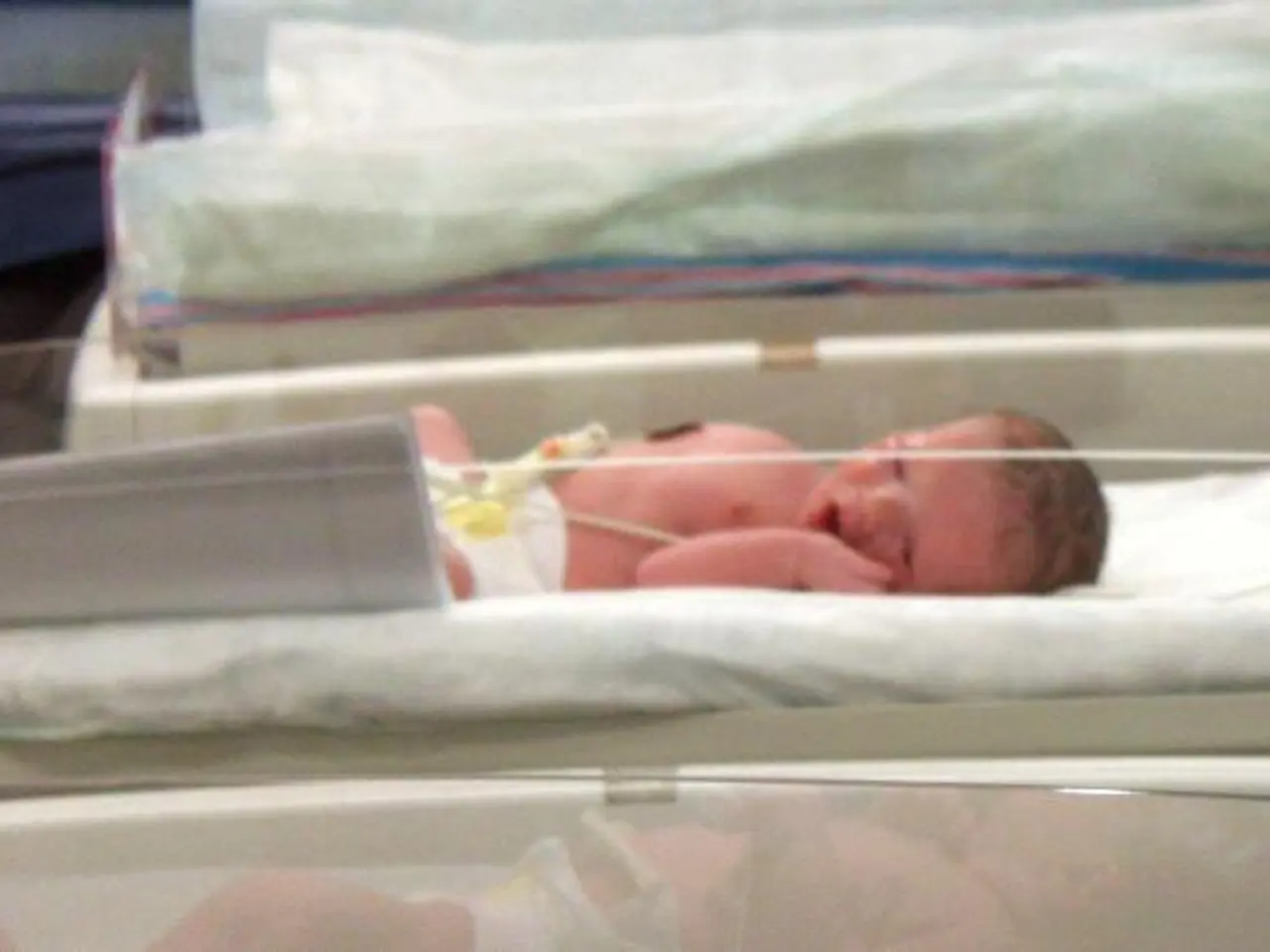Prenatal Testing Sequence
Prenatal Sequential Screening Test: A Comprehensive Guide
The Prenatal Sequential Screening Test is a set of prenatal tests designed to identify genetic or neural tube defects in a foetus. This test is recommended for pregnant women, especially those who have or are likely to have complicated pregnancies.
The test has two stages. The first stage is performed during the first trimester (between the 11th and 13th week of pregnancy). This stage involves an ultrasound to measure the nuchal translucency and a blood test to check for the levels of certain proteins, including PAPP-A and hCG. Low levels of PAPP-A may increase the likelihood of Trisomy 18 or Down syndrome, but many healthy pregnancies also show low levels of PAPP-A. On the other hand, lower levels of hCG suggest Trisomy 18, while higher levels suggest Down's.
The second stage of the sequential screening test is conducted during the second trimester (between the 16th and 20th week of pregnancy). This stage involves another blood test to check the levels of different proteins in the bloodstream, including Alpha-foetoprotein (AFP). High levels of AFP in the mother's bloodstream may indicate an open neural tube defect such as spina bifida.
The prediction accuracy for Trisomy 18 and Down syndrome in stage two of the sequential screening test is around 90%, while the prediction accuracy in stage one is approximately 80%. It's important to note that approximately one per cent of all women show a positive result after stage one testing.
If you get a positive result for any abnormalities, your doctor might recommend a genetic counsellor to discuss the results further and provide support. Even if you get a negative or normal result, you will probably be monitored closely by your doctor during your prenatal appointments.
Down syndrome, a genetic condition caused by the appearance of a third copy of Chromosome 21, occurs once in every 1000 babies, while Trisomy 18, also known as Edwards syndrome, shows up at one in every 7000 babies. Both conditions can result in delay in growth, typical facial features, and some mental disabilities. Trisomy 18 is associated with malformed body parts and heart conditions, making it a more severe condition.
The final sequential screening results come in one of two forms: positive or negative. Regardless of the result, it's crucial to remember that these tests are not enforced, as many people might be uncomfortable or unwilling to know such details.
The search results do not provide direct information on which research institution developed the Sequential Screening Test during pregnancy. However, the test has proven to be a valuable tool in prenatal care, providing expectant parents with valuable information about their baby's health.
It takes approximately a week or so to get the test results back after your blood samples have been taken. If you have any questions or concerns about the test or its results, be sure to discuss them with your healthcare provider.
Read also:
- Peptide YY (PYY): Exploring its Role in Appetite Suppression, Intestinal Health, and Cognitive Links
- Toddler Health: Rotavirus Signs, Origins, and Potential Complications
- Digestive issues and heart discomfort: Root causes and associated health conditions
- House Infernos: Deadly Hazards Surpassing the Flames








